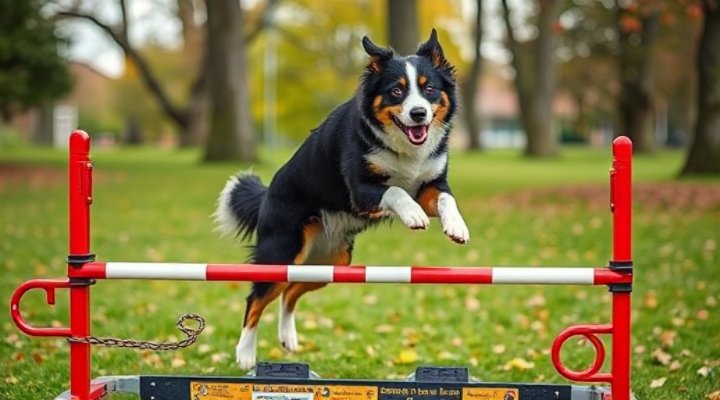Training a dog at different life stages requires distinct approaches. Puppy dog training focuses on building good habits from the start, while adult dog training often involves modifying existing behaviors. Understanding these differences is key to successful canine companionship.

Foundations of Puppy Training
Puppies are like sponges, ready to absorb new information. The first few months are crucial for establishing basic obedience and socialization. According to the American Veterinary Medical Association, early training significantly impacts a dog’s future behavior.
Key puppy training techniques include:
- Positive reinforcement with treats and praise
- Short, frequent training sessions (5-10 minutes)
- Socialization with people and other dogs
- Crate training for housebreaking
Our article on crate training for puppies provides excellent tips for this important foundation.

Adult Dog Behavior Modification
Training adult dogs often involves correcting established behaviors. Unlike puppies, adult dogs may have developed bad habits that need addressing. However, as the saying goes, “you can teach an old dog new tricks” – it just requires patience and consistency.
Effective adult dog training methods include:
- Identifying and addressing the root cause of behaviors
- Using higher-value rewards for motivation
- Consistent routines and clear communication
- Professional guidance for severe issues
For dogs with specific behavioral challenges, our guide on stopping excessive barking offers science-backed solutions.

Transitioning Between Life Stages
As puppies mature into adults, their training needs evolve. What worked during puppyhood may need adjustment as your dog grows. The American Kennel Club recommends gradually increasing training difficulty as your dog develops.
Key transition points include:
- Moving from basic to advanced commands
- Adjusting exercise and mental stimulation
- Addressing adolescent testing of boundaries
- Maintaining consistency through changes

Common Training Challenges
Both puppy and adult dog training come with unique challenges. Puppies may struggle with impulse control, while adult dogs might resist changing long-standing behaviors. Our science-backed training methods article addresses these issues comprehensively.
Solutions include:
- Managing expectations based on age and breed
- Adapting techniques to individual personalities
- Seeking professional help when needed
- Celebrating small victories

Creating a Lifelong Training Plan
Successful dog training isn’t a one-time event but an ongoing process. Whether you’re working with a puppy or adult dog, consistency is key. Our basic to advanced training guide provides a roadmap for continuous improvement.
Remember, every dog learns at their own pace. The most important elements are patience, positive reinforcement, and understanding your dog’s unique needs at each life stage.
Related Keywords: puppy obedience training, adult dog behavior correction, positive reinforcement techniques, canine life stage training, dog training methods

